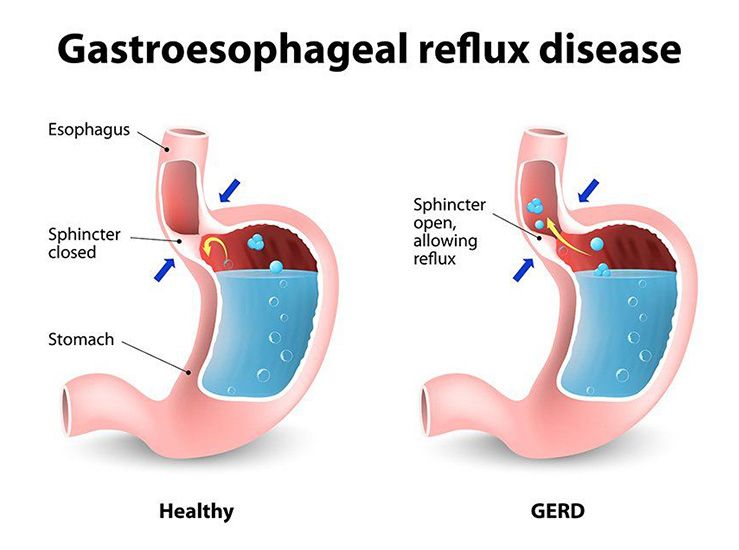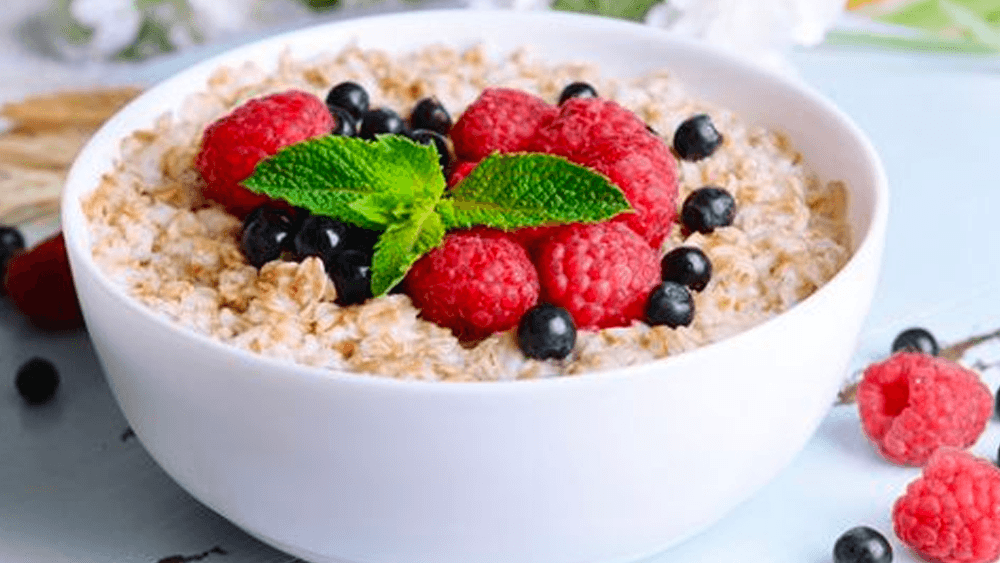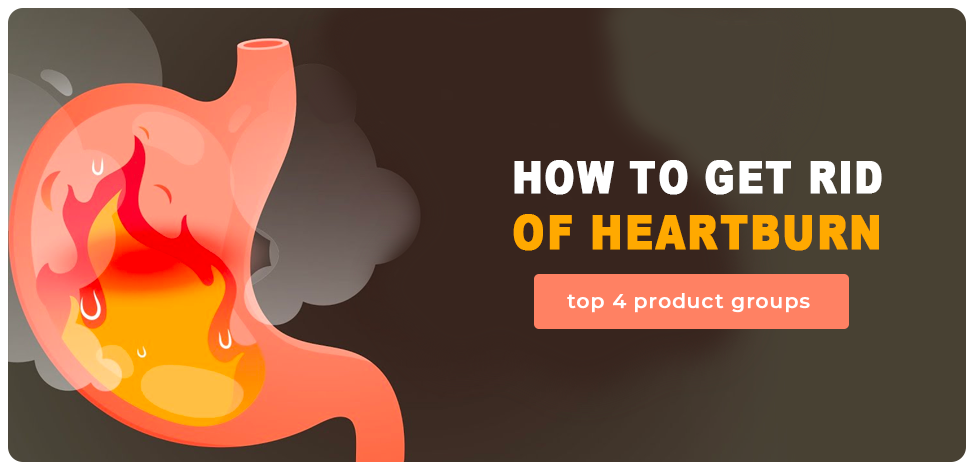Unhealthy nutrition is accompanied by indigestion. Inevitably, issues with the digestive system and indigestion as indications of disturbances will result from the habit of overeating, eating while on the go, eating large chunks, and improper chewing. Gastritis, gastroesophageal reflux disease, hiatal hernia, peptic ulcer disease of the stomach and duodenum, and chronic cholecystitis are cited as the main causes of indigestion.
Contrary to what many people think, milk is not a cure for dyspepsia. Understanding the mechanism of its emergence and the underlying causes is vital to comprehend how to get rid of the unpleasant sensation of burning and heaviness it causes.
Why does heartburn occur?

Heartburn happens when the stomach's contents pass into the esophagus. Anyone who has ever experienced food poisoning is familiar with this process. Additionally, heartburn is a common symptom experienced during pregnancy, especially in the third trimester, which is caused by the developing uterus growing and pressing on the stomach, pushing stomach acid into the esophagus resulting in heartburn and nausea. During pregnancy, heart burn can also be caused by pregnancy hormones causing the lower esophagael sphincter to relax, allowing stomach acids to flow back into the esophagus.
The stomach's hydrochloric acid should stay within the stomach and there alone; otherwise, the mucous membrane will be harmed by the stomach's acids.
Gastritis, ulcers, and GERD (gastroesophageal reflux disease) can all contribute to heartburn. Therefore, figuring out the root of heartburn is crucial. For treatment, it is best to speak with a gastrointestinal physician.
Attacks typically start soon after eating, especially if you overate or ate a very fatty dish.
Symptoms of heartburn include:
- bitter and acidic tongue sensations,
- nausea,
- belching,
- a burning sensation behind the breastbone,
- discomfort in the throat,
- chest, and upper torso,
- excessive salivation, and coughing.
Medicines can be taken during flare-ups, but only when prescribed by a doctor and only once. Self-medication only accelerates the progression of the underlying illness that causes heartburn.
Additionally, some products might aid in eliminating uncomfortable sensations.
They are divided into 4 groups:
Special types of porridges:

Porridge made with soft, liquid oatmeal, barley, or rice. They are able to counteract the effects of chlorine acid. When oatmeal is prepared properly, it becomes liquid, enveloping the mucous membranes and calming them.
This can also include linseed kefir, but only if it is "brewed" with ground linseed. Eat smooth seeds if you have heartburn.
Important! Avoid using milk or cream because they may make the condition worse.
Water:

Pick water with a low acidity (table mineral water - up to 10 g of salt per 1 liter). If drinking sparkling water, release all gas before eating to prevent further damaging the mucosa. Water that is just weakly acidic lessens the environment's aggression and balances the effects of the burn.
Banana mash:

In addition to having antacid characteristics, bananas also counteract the effects of salt acid. Starches, which are a component of the fruit, also cover the mucous membranes and shield them from the negative effects of other chemicals.
Bananas, however, will only be beneficial if the heartburn is not brought on by an inflammatory condition.
Fermented dairy goods:
If you don't have food sensitivity to dairy products and the discomfort is a one-time and not ongoing event, acidophilus; kefir; or natural yogurt may assist.
It is also advised to consume protein (beef, turkey, and rabbit meat), low-fat fish, non-coarse cereals, vegetables, and fruits (with a high vitamin C content and low acid content) when indigestion attacks frequently.
To prevent indigestion, it is important to adjust your lifestyle.
Some important recommendations:
- Avoid being stressed out frequently and eating while feeling stressed. Any event that causes intense stress can upset your digestion, which can result in nauseousness, vomiting, acid reflux, pain, and discomfort.
- Try to eat regularly and at the same times of the day.
- It is also good to listen to classical music while eating a meal as it helps to relax your nervous system.
- Avoid overeating and try not to have meals after sunset as this will help to normalize digestion and to lose weight in the case of being overweight and help you to keep yourself in shape.
- Avoid engaging in sports or intensive physical activities just after eating as it can upset your digestive system and cause heart burn.
- Take probiotics regularly to assist your healthy digestion.
Wellness Chemist recommends Hepatobiotic from the symbiotic intelligence range as a new generation organ specific probiotic that helps to normalize and regulate the function of your digestive system, restores your microbiome, prevents constipation, aids in the removal of toxins from the body and supports the liver.




